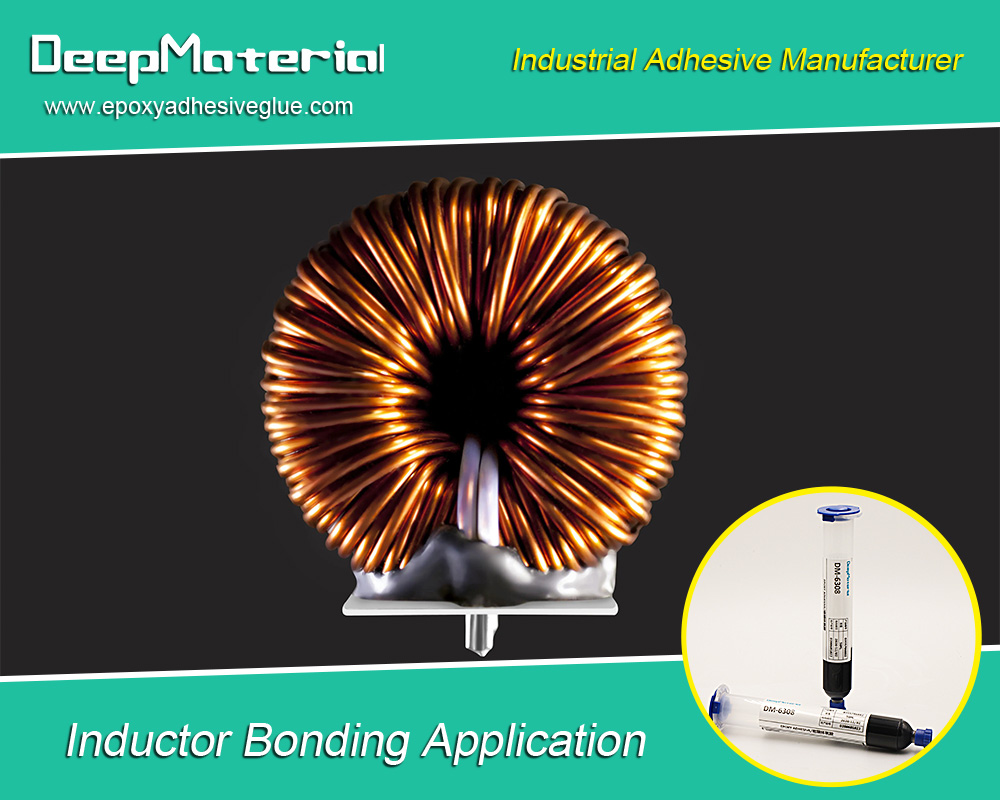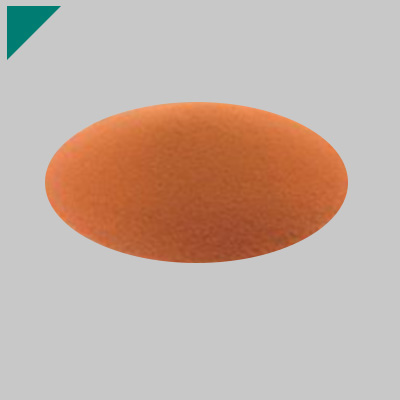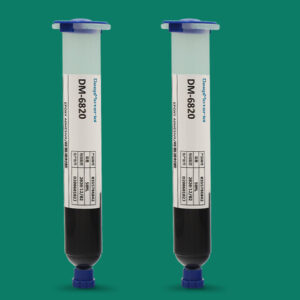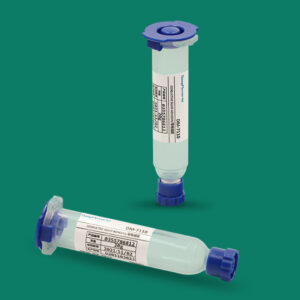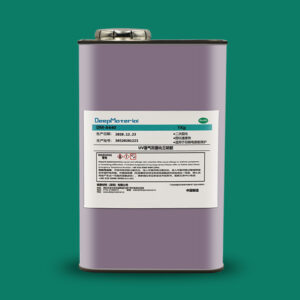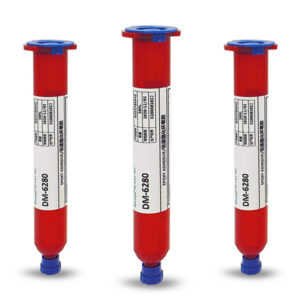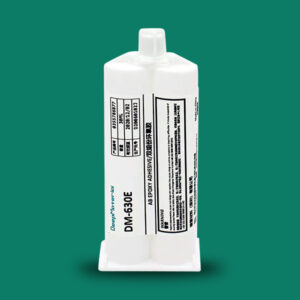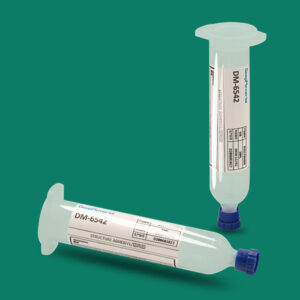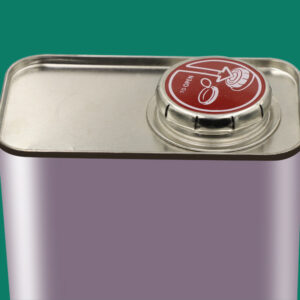Insulating Epoxy Coating: A Guide to Its Properties and Uses
Insulating Epoxy Coating: A Guide to Its Properties and Uses
Insulating epoxy coating is a specialized coating material that is commonly used to provide protection against a variety of environmental factors. This type of coating is made up of two parts, an epoxy resin and a hardener. Both are mixed together to form a durable and protective layer.
Definition of Insulating Epoxy Coating
Insulating epoxy coating is a type of coating material that is designed to protect surfaces from environmental factors such as moisture, heat, chemicals, and electricity. It is commonly used in a wide range of industries. Some typical examples are electrical and electronic, automotive, aerospace, marine, and construction industries.
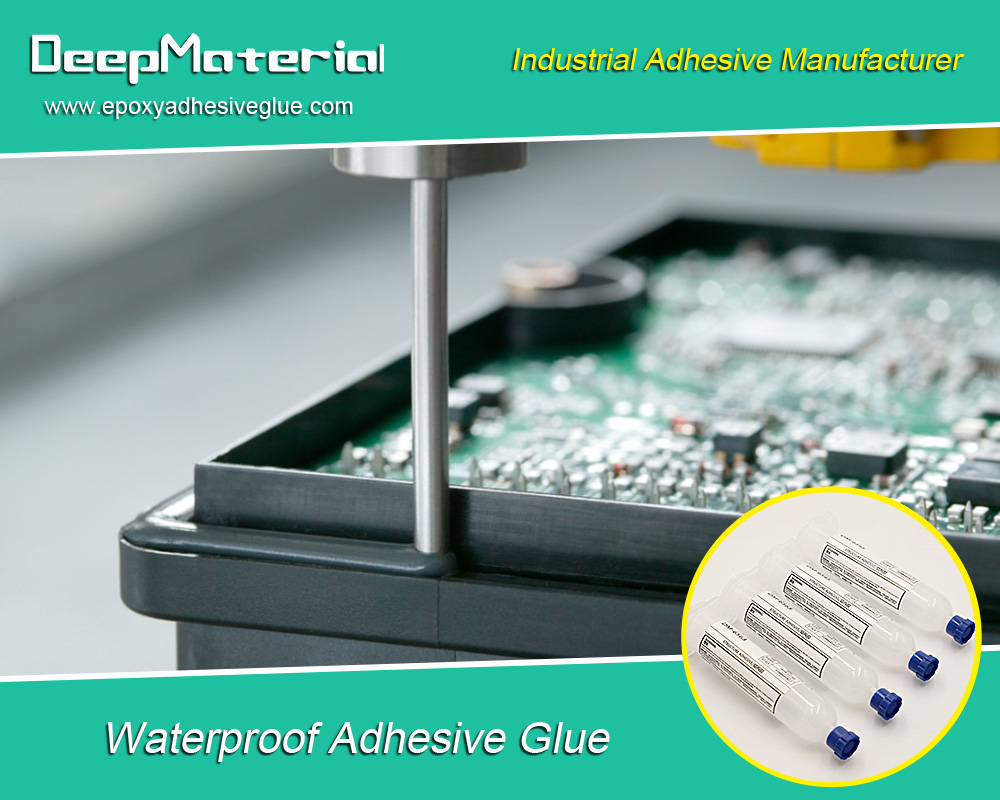
Importance of Insulating Epoxy Coating
Insulating epoxy coating is essential for protecting surfaces from a variety of environmental factors. It is particularly important in industries where equipment and machinery are subjected to harsh conditions such as high temperatures, moisture, and chemicals. Insulating epoxy coating can help prevent damage to these surfaces, extending their lifespan and reducing the need for expensive repairs or replacements.
Properties of Insulating Epoxy Coating
Insulating epoxy coating has several important properties that make it an effective protective coating material. These properties include:
Thermal Resistance
Insulating epoxy coating is highly resistant to heat and can withstand high temperatures without breaking down or degrading. This ensures it is ideal for use in environments where high temperatures are present. These could be the automotive, aerospace, and electronics industries.
Chemical Resistance
Again, insulating epoxy coating is also highly resistant to chemicals and can withstand exposure to a wide range of substances without deteriorating. This makes it useful in industries where machinery and equipment are exposed to corrosive chemicals such as in the chemical and pharmaceutical industries.
Electrical Resistance
It remains a very effective electrical insulator and can be used to protect electrical equipment and machinery from electrical currents. This property makes it great for use in the electrical and electronic industries.
Moisture Resistance
Insulating epoxy coating is highly resistant to moisture and can prevent water from penetrating surfaces and causing damage. This property makes it useful in industries where equipment is exposed to water such as in the marine and construction industries.
Application of Insulating Epoxy Coating
The application of insulating epoxy coating is a multi-step process that involves surface preparation, application methods, and a curing process. These steps are essential for ensuring that the coating provides effective protection to surfaces.
Surface Preparation
The first step in applying insulating epoxy coating is surface preparation. This involves cleaning the surface to be coated to remove any dirt, dust, or contaminants that may interfere with the adhesion of the coating. The surface should be free of any rust, oil, grease, or other substances that may prevent the coating from adhering properly.
Application Methods
Insulating epoxy coating can be applied using a variety of methods including spray, brush, or roller. The method used will depend on the surface being coated and the equipment available. It is important to apply the coating evenly and ensure that it covers the entire surface. Multiple coats may be necessary to achieve the desired level of protection.
Curing Process
Once the insulating epoxy coating has been applied, it must be allowed to cure. The curing process involves allowing the coating to dry and harden typically for several hours or overnight. The exact curing time will depend on the type of coating being used and the environmental conditions. It is important to follow the manufacturer instructions for curing to ensure that the coating provides effective protection to the surface.
Advantages of Insulating Epoxy Coating
Durability
Insulating epoxy coating is a highly durable coating material that can provide long-lasting protection to surfaces. It is resistant to wear and tear, as well as impacts. These make it ideal for use in industrial and commercial settings.
Resistance to Various Environmental Factors
It has been discovered to be highly resistant to a wide range of environmental factors, including heat, chemicals, moisture, and electricity. This ensure it is very suitable for use in a variety of industries. These could be automotive, aerospace, electronics, and construction.
Easy Application
Insulating epoxy coating is easy to apply using a variety of methods such as spray, brush, or roller. It can be applied quickly and easily to surfaces. Also, it requires minimal maintenance over time.
Versatility
Insulating epoxy coating can be used on a variety of surfaces like concrete, metal, wood, and plastic. It can also be customized to meet specific needs, such as increased slip resistance or added UV protection.
Disadvantages of Insulating Epoxy Coating
High Cost
Insulating epoxy coating can be more expensive than other types of protective coatings, which may make it less cost-effective for some applications. The cost can vary depending on the quality and thickness of the coating.
Limited Color Options
Insulating epoxy coating is typically available in a limited range of colors, which may limit its aesthetic appeal for some applications. It can also be difficult to match existing colors or achieve specific color effects.
Environmental Concerns
The production and disposal of insulating epoxy coating can have environmental impacts, particularly if the coating is not disposed of properly. Epoxy coatings contain volatile organic compounds (VOCs), which can contribute to air pollution. Additionally, some epoxy coatings may contain hazardous chemicals, such as bisphenol A (BPA). Studies have always linked it to health problems. Proper disposal and handling of the coating can help mitigate these environmental concerns.
Overall, insulating epoxy coating is a highly effective and versatile protective coating material that offers a range of benefits. However, it is important to consider the potential disadvantages before choosing it for a specific application.
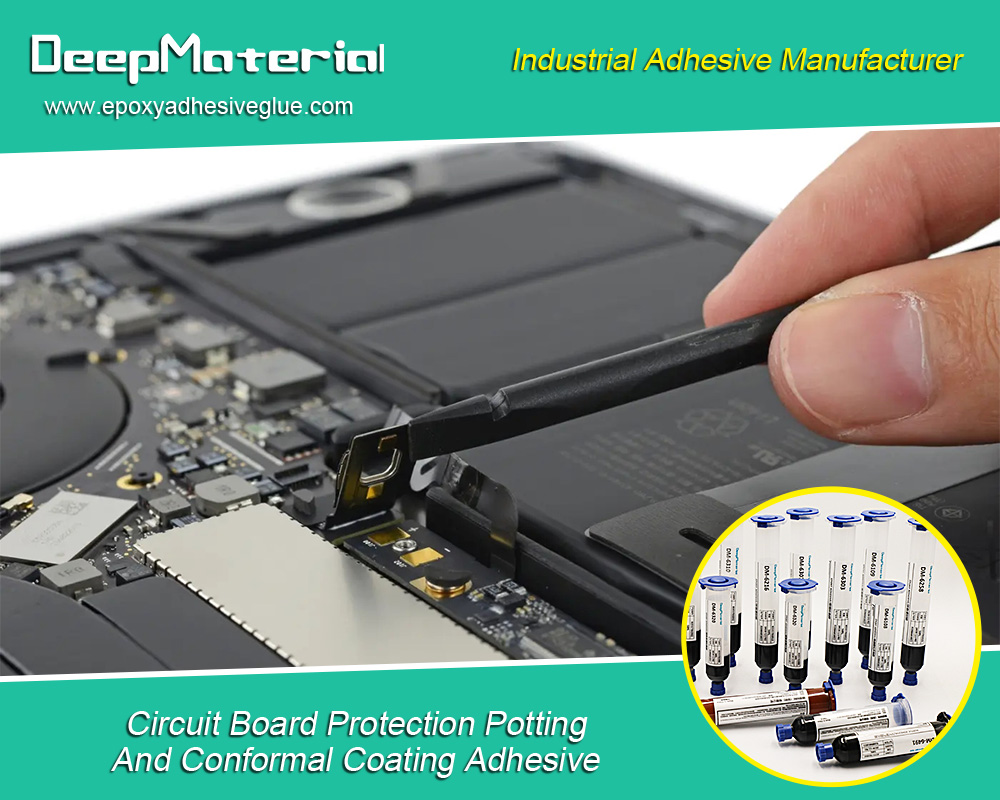
Final words
When choosing insulating epoxy coating for a specific application, it is important to carefully consider these factors and weigh the pros and cons. Overall, insulating epoxy coating can be an excellent choice for industrial and commercial settings that require long-lasting and reliable protection for surfaces. With proper handling and disposal, the environmental impact of insulating epoxy coating can be minimized, making it a responsible choice for protective coating applications.
For more about choosing insulating epoxy coating: a guide to its properties and uses, you can pay a visit to DeepMaterial at https://www.epoxyadhesiveglue.com/category/epoxy-adhesives-glue/ for more info.


